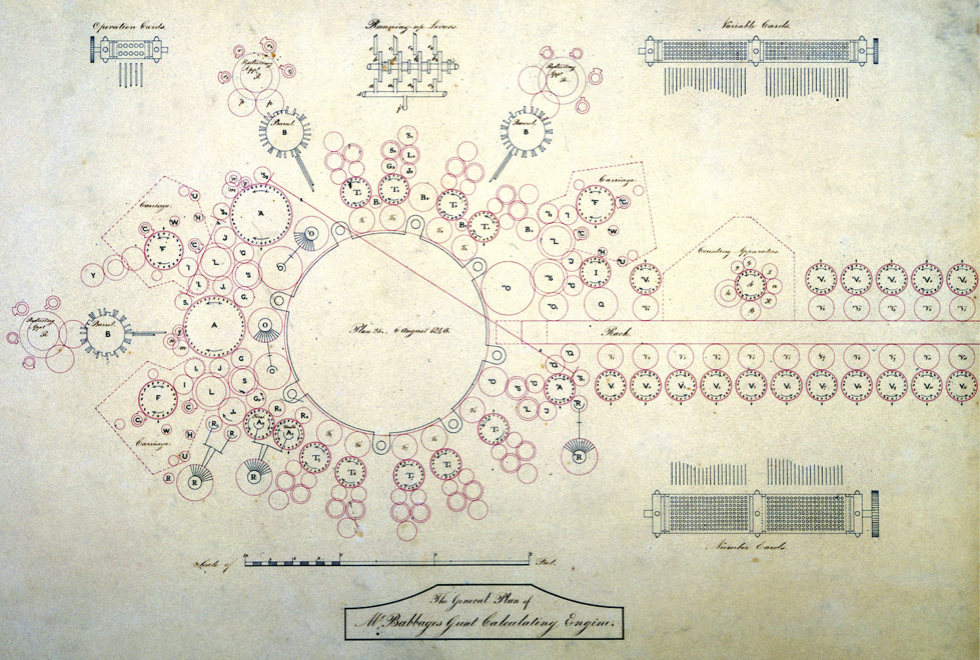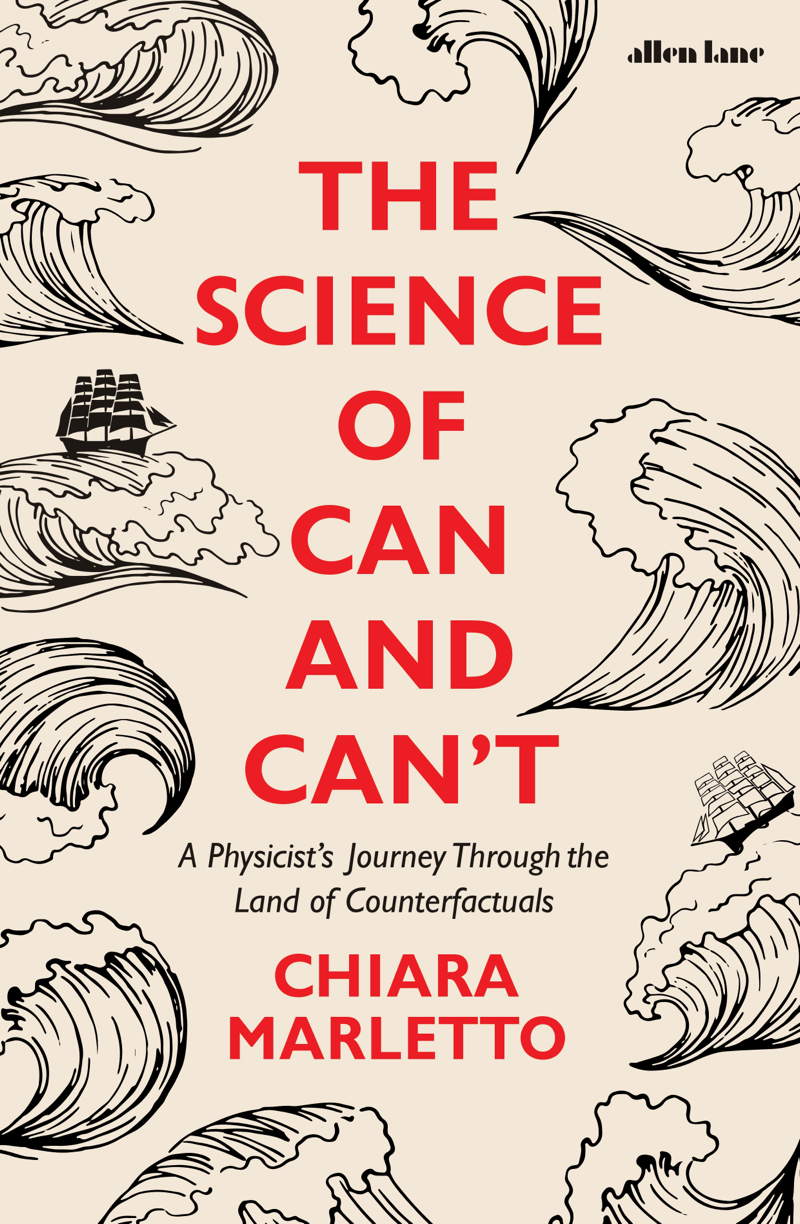Constructor Theory
Share:

The Constructor Theory Programme is a new approach to formulating fundamental laws in physics that aims at generalising the quantum theory of computation, which was proposed by quantum computer pioneer David Deutsch.
The traditional laws of physics — such as quantum theory and general relativity— are formulated in terms of trajectories of objects, specifying what happens given some initial conditions. But there are phenomena that this traditional approach does not fully capture, such as those related to the physics of life or the physics of information. To fully capture those, and express exact laws about them, you need constructor theory.
Chiara has harnessed constructor theory and applied it to a number of select problems in quantum information theory, theoretical biology and thermodynamics.
Constructor theory’s ultimate goal is to rewrite all the fundamental laws of physics in terms of general principles expressed as counterfactual statements, about what’s possible and what’s impossible; to explain existing dynamical laws in terms of those; and to provide the guiding physical principles for the universal constructor – the ultimate generalisation of the universal Turing machine.
VISIT CONSTRUCTORTHEORY.ORG
Comments
If you have any comments, questions, or an observations about this research study, please do feel free to leave a comment below and we will make every endeavour to respond.

THE SCIENCE OF CAN AND CAN’T
A Physicist’s Journey Through the Land of Counterfactuals
A luminous guide to how the radical new science of counterfactuals can reveal the full scope of our universe
There is a vast class of properties that science has so far almost entirely neglected. These properties are central to an understanding of physical reality both at an everyday level and at the level of fundamental phenomena, yet they have traditionally been thought of as impossible to incorporate into fundamental explanations. They relate not only to what is true - the actual - but to what could be true - the counterfactual.
This is the science of can and can't.